It is expected that from August 1, 2024, the Law on Real Estate Business (amended) will take effect. In which, the prohibition of subdivision and sale of land will be applied in 105 cities and towns, an increase of 81 units compared to current regulations. In the difficult context of the real estate market, will these new regulations make the situation more difficult?
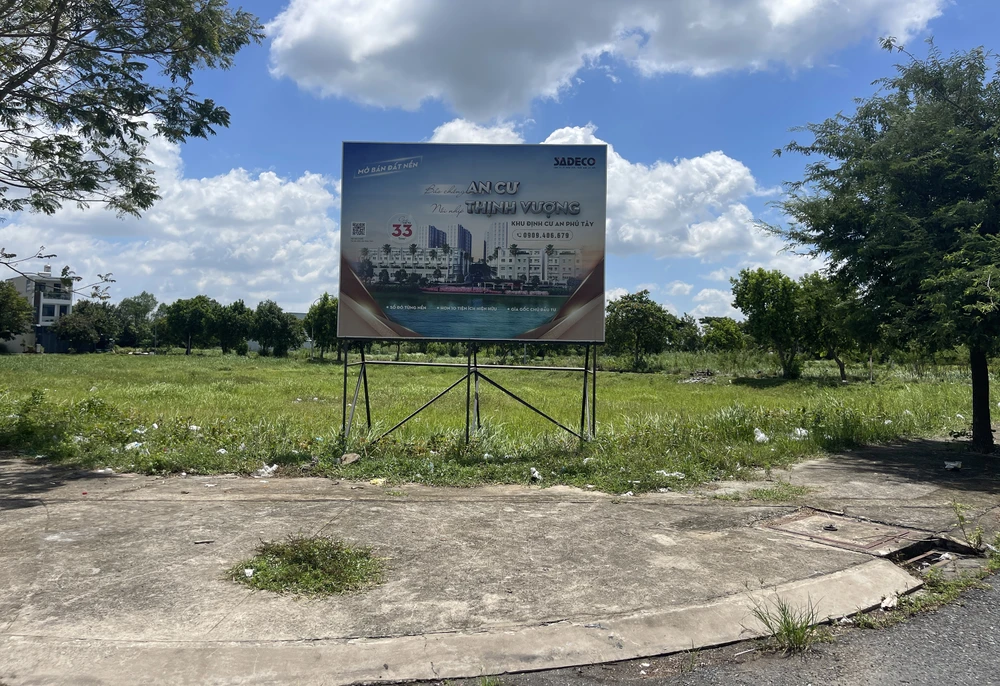
Risk of shortage and price increase
According to Mr. Nguyen Hoang Hai, Director of the Department of Housing and Real Estate Market Management, Ministry of Construction, land is always the segment with the highest demand and is traded the most among all real estate transactions. In the first quarter of 2024, the whole country had 97,659 successful land transactions, nearly 3 times the transaction volume of the apartment and individual house segment. Reality also shows that in the past 15 years, the real estate market has been shaken by land fever many times.
Professor Dang Hung Vo said that the incoherent regulations in the 2013 Land Law are the reason why land subdivision and sale are exploited and continuously create fevers. The peak of the land fever is the period 2020-2022, when many types of planning from central to local levels are announced, urban transport infrastructure is heavily invested, plus the tricks of land brokers to inflate land prices.
With many drastic measures from the Government and relevant ministries, by the end of 2022, the fever had cooled down. However, the market has fallen into another extreme state when the land segment has almost frozen in many localities for the past 2 years. According to statistics from the Ministry of Construction, the real estate inventory in projects in the first quarter of 2024 was about 23,029 units, of which the inventory was mainly in the individual housing real estate segment and land of projects, with 10,855 land plots alone.
The Ministry of Construction currently does not have specific data on the number of abandoned land subdivision and sale projects, but just by going back to the localities that experienced land fever 2 years ago, one can see the gloomy situation in these areas. Typically in the Southeast, Central Highlands, Central regions, or in the North, many projects are still inactive. Many people have bought land at high prices, now wanting to "escape" is not easy because there are no transactions in the market.
Short-term difficulties, long-term sustainability
Although it is believed that the real estate market will be somewhat affected by the regulation that prohibits subdivision and sale of land, experts are still optimistic that in the long term, the market can develop more healthily. According to Dr. Nguyen Van Dinh, Vice President of the Vietnam Real Estate Association, the new regulation is like a "filter", helping to eliminate investors who only ask for land for projects and then subdivide and sell land, which does not bring economic efficiency to the country; preventing the situation of land speculation and then abandonment, people's money lying dead in the land, leading to great harm to the economy.
Regarding concerns that the regulation prohibiting the subdivision and sale of land affects the rights of the people, a representative of the Ministry of Construction affirmed that the new regulations only affect investors using private capital to invest in the real estate sector, not affecting state projects to develop land funds, the state budget spends money to clear land, organizes auctions for people to buy to build houses, and meet the need for housing in the context of natural population growth. The new regulations also do not affect individuals with legal land use rights to separate land plots for the purpose of giving, donating, inheriting, or transferring to others.
From the perspective of real estate business project developers, businesses believe that it may be difficult in the short term but stable in the long term. Mr. Vo Hong Thang, Investment Director of DKRA Group, informed that the number of land subdivisions for sale in urban areas of type II and III has been booming in recent years. Therefore, tightening the subdivision according to the new regulations of the Law on Real Estate Business (amended) will affect the entire market from North to South, with 90% of investors affected in urban areas of type II and III. In fact, land subdivisions for sale easily make people vulnerable. Many investors with weak financial capacity have taken advantage of the policy to collect land, clear the site, build sketchy infrastructure and then sell land at high prices to people and speculators to collect money. This is the root cause of price inflation, creating "land fever", causing risks to the real estate market. Therefore, tightening the subdivision and sale of land is expected to contribute to "screening" investors, forming professional real estate businesses.
Meanwhile, Mr. Nguyen Van Hau, General Director of Asian Holdings Real Estate JSC, said: The ban on land subdivision and sale in special, type I, type II, and type III urban areas will have a huge impact on the structure of real estate product segments. The number of land products from subdivision in the coming period will decrease, the scarce supply will cause land prices to increase. However, in the long term, this will help the market develop more healthily, and will make urban planning more systematic.
The 2023 Law on Real Estate Business stipulates that land use rights cannot be transferred to individuals who build houses themselves, divide plots of land into plots and sell them in wards, districts, and cities of special, type I, II, and III urban areas, and are subject to auctions of land use rights to invest in housing construction projects according to the provisions of the Land Law. According to the Ministry of Construction, the country has 2 special type urban areas including Hanoi and Ho Chi Minh City; 22 type I urban areas; 36 type II urban areas; 45 type III urban areas.
MINH DUY - DUC TRUNG
Source: https://www.sggp.org.vn/cam-phan-lo-ban-nen-thi-truong-dia-oc-phat-trien-lanh-manh-hon-post750174.html




![[Photo] Close-up of An Phu underpass, which will open to traffic in June](https://vphoto.vietnam.vn/thumb/1200x675/vietnam/resource/IMAGE/2025/5/15/5adb08323ea7482fb64fa1bf55fed112)



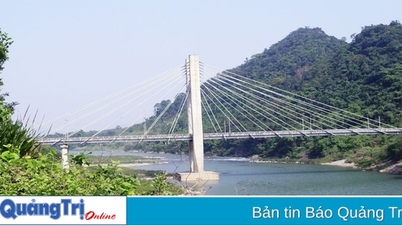



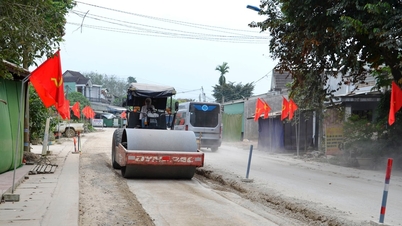





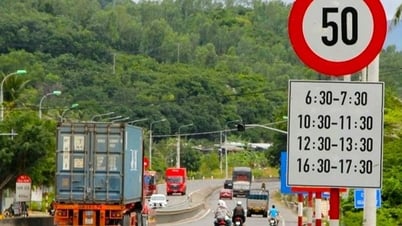



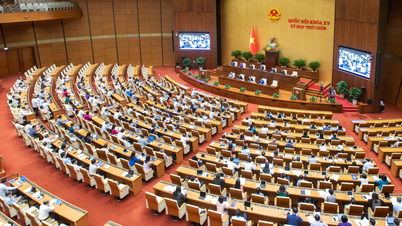



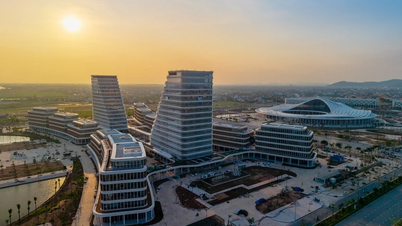






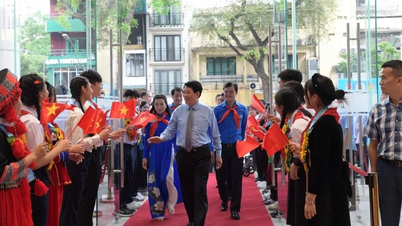
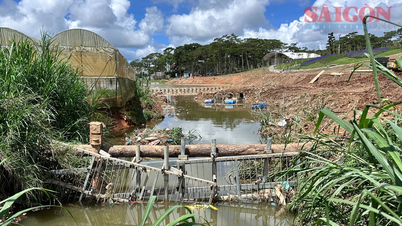
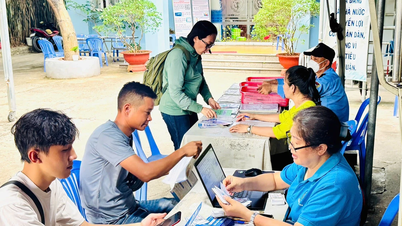

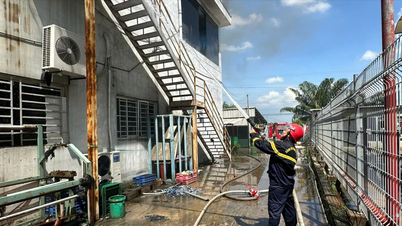
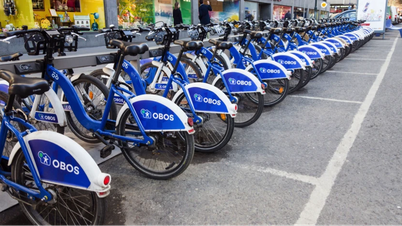

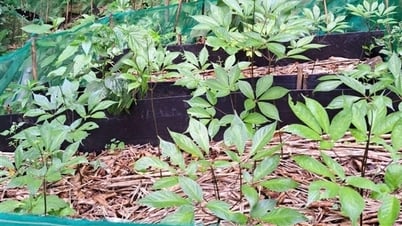




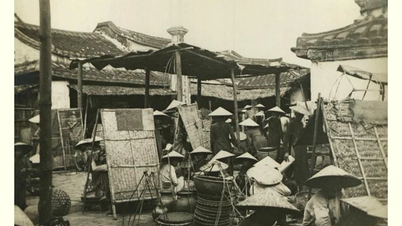


























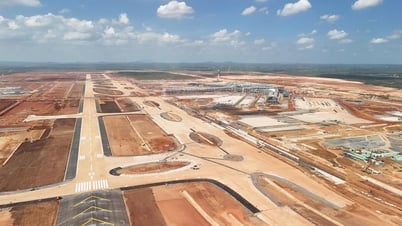






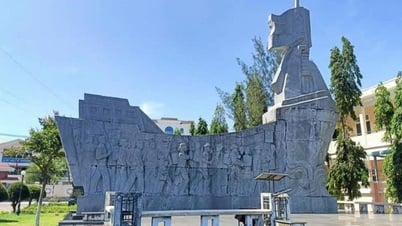


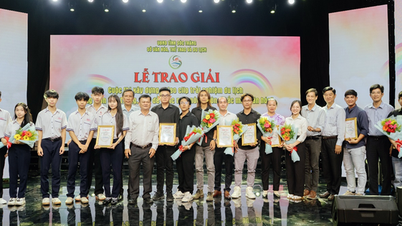
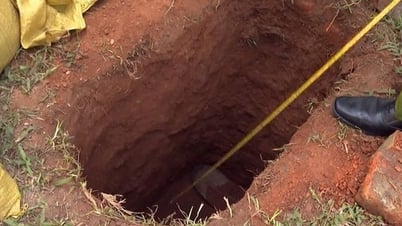
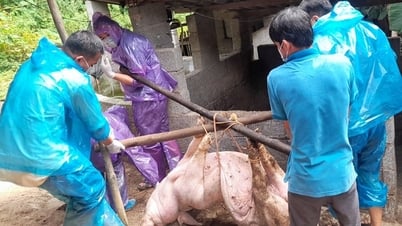

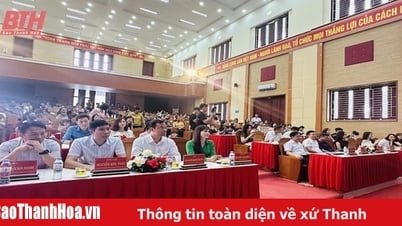



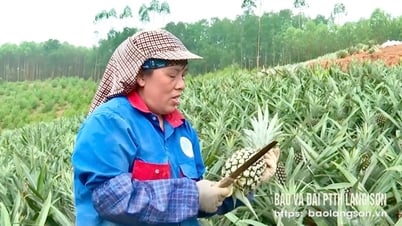

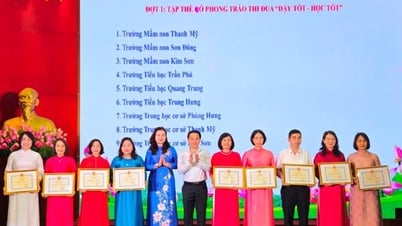


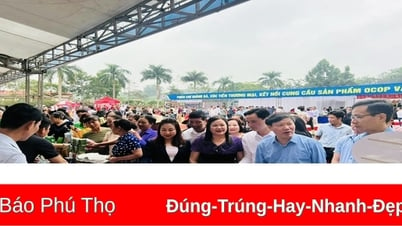








Comment (0)